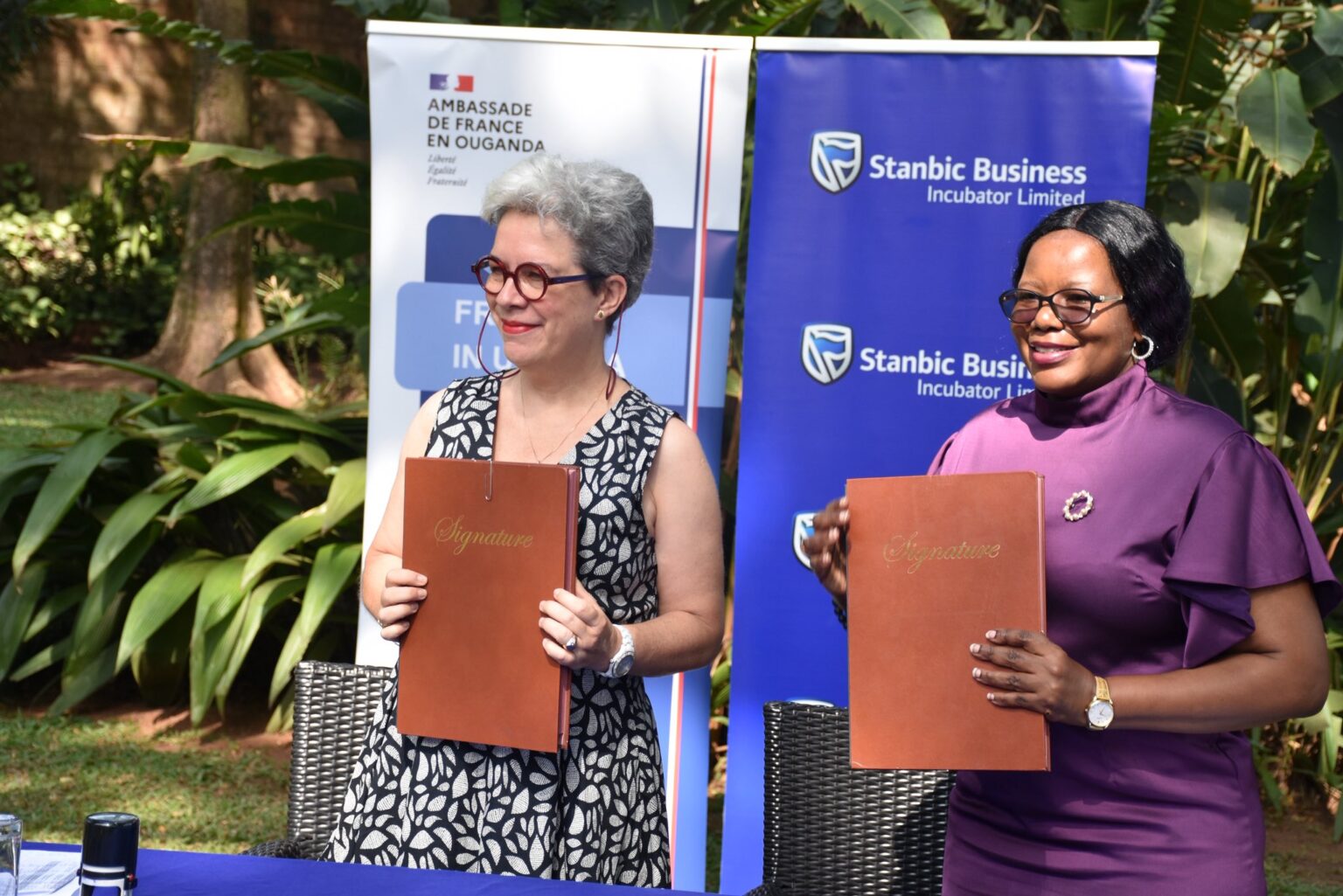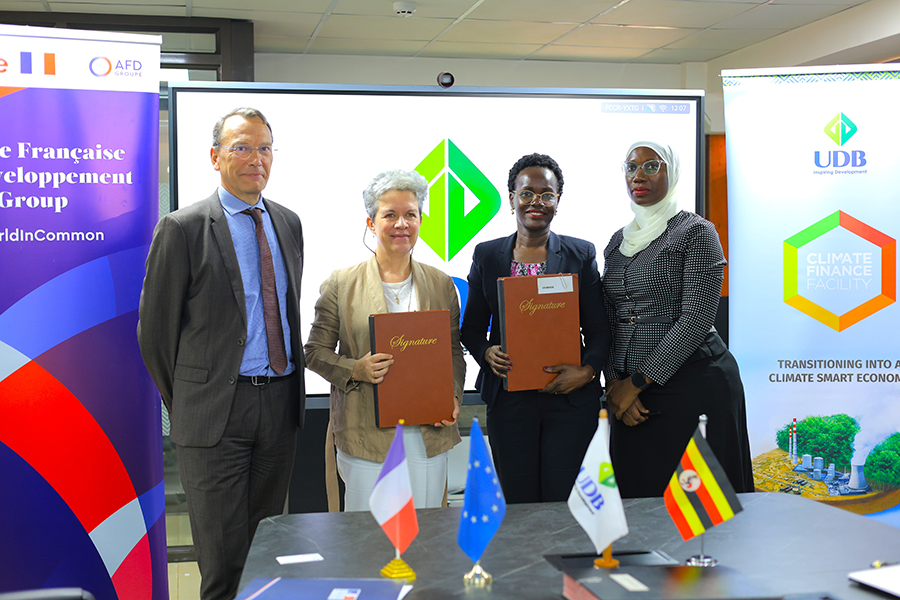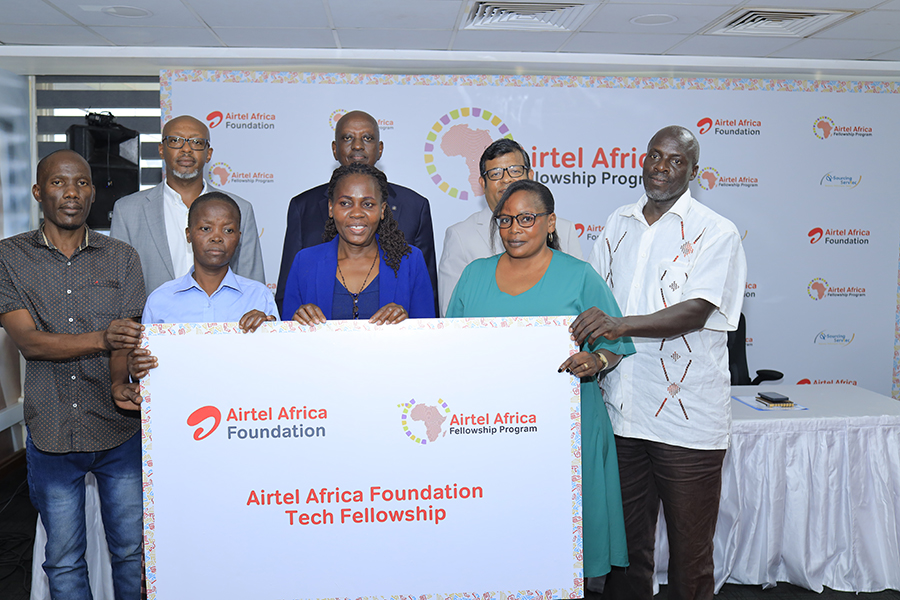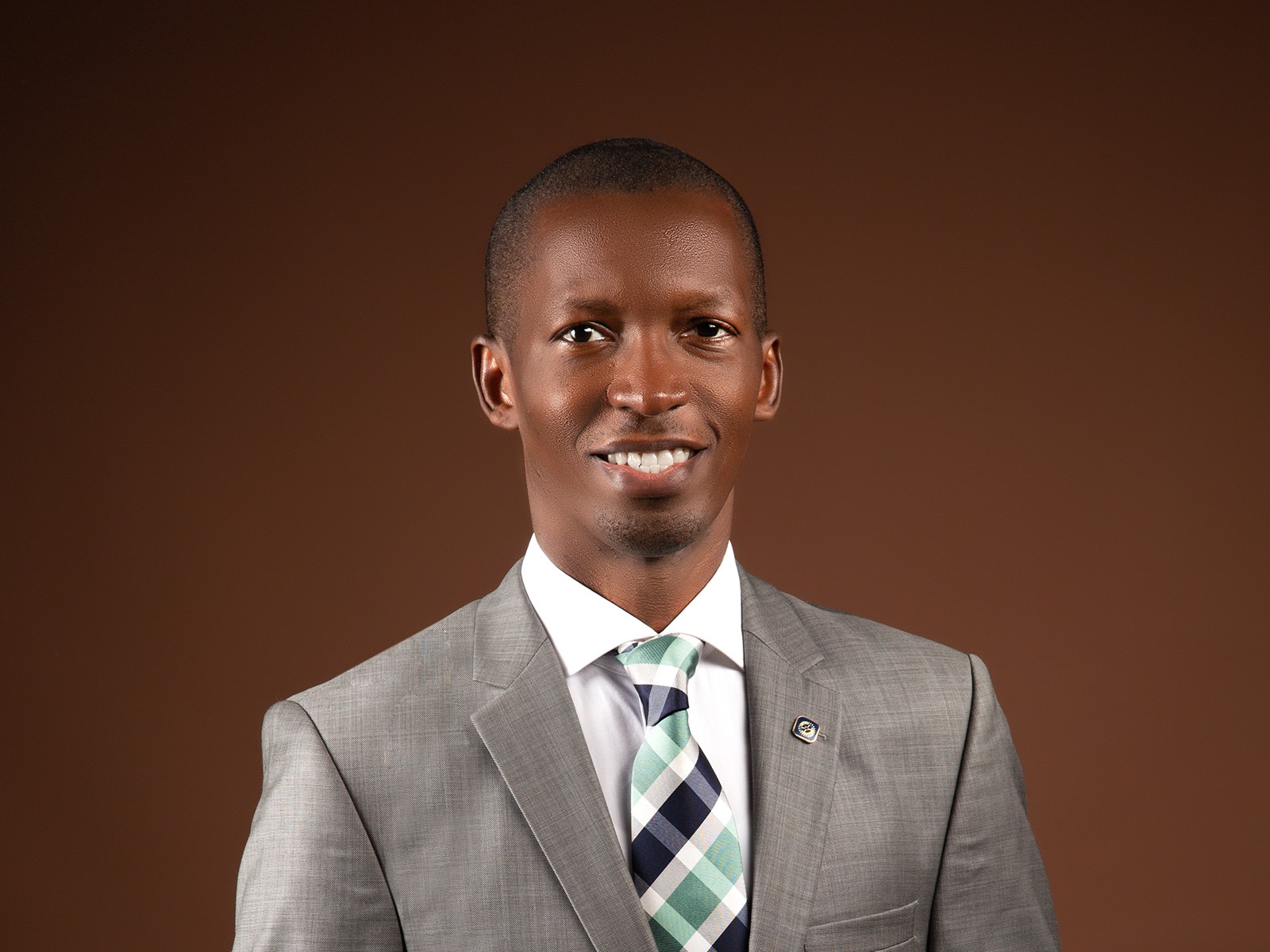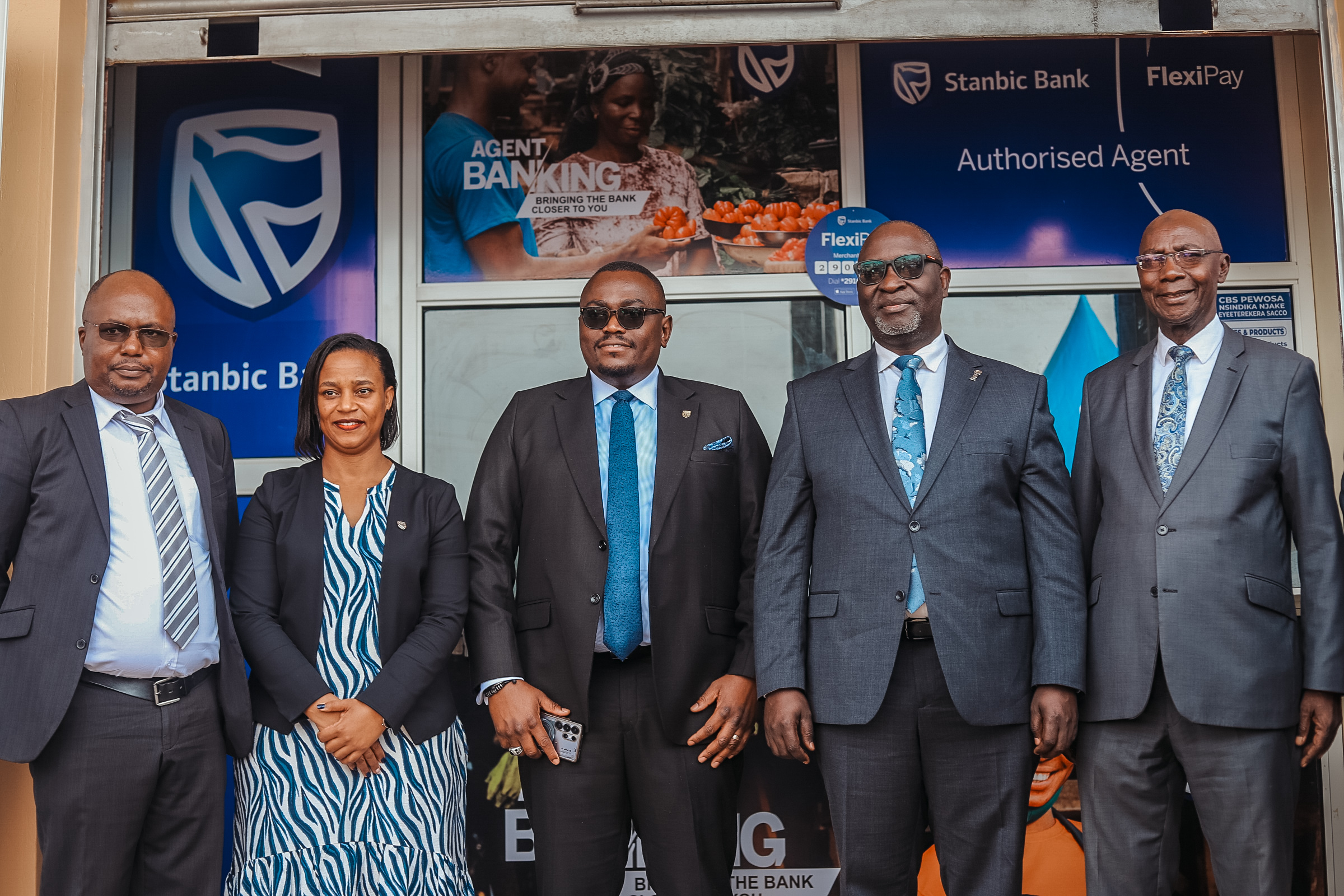The Stanbic Business Incubator Limited (SBIL) has partnered with the French Embassy in Uganda to launch a transformative Green Tech Incubator and Accelerator for Entrepreneurship Programme, aimed at empowering young people and women in Kampala and the Albertine Region.
The initiative, formalised through a grant agreement signed at the French Embassy in Kampala, seeks to foster a green, resilient, and innovative economy.
The agreement was signed by French ambassador Virginie Leroy and SBIL Chief Executive Catherine Poran. The two-year programme, costing Shs 2.8 billion with Shs 534 million disbursed in the first phase. SBIL will contribute Shs 968 million, covering 34.5% of the costs.
Leroy highlighted the programme’s focus on supporting over 200 small and micro-enterprises led by Ugandan youth and women in sectors such as sustainable cities, green mobility, circular economy, waste management, renewable energy, water, health, and smart agriculture.
“The project will strengthen their capacities, facilitate access to finance and markets, and create an environment that fosters their growth,” Poran said.
Poran expressed gratitude to the French Embassy for their support, noting the programme’s potential to drive transformative change. “We anticipate supporting over 300 entrepreneurs to pilot and scale solutions, directly training more than 1,000, with at least 60% being women and youth,” she said. She emphasised SBIL’s long-standing commitment to Uganda, rooted in Stanbic’s presence since 1906, stating, “Uganda is our home, and we drive her growth.”
The programme aligns with Uganda’s Vision 2040 and its Green Growth Development Strategy. It aims to empower entrepreneurs to innovate in strategic sectors, create jobs, and address climate challenges. SBIL, established in 2018 as a subsidiary of Stanbic Uganda Holdings Limited (part of Standard Bank Group), has already trained over 11,400 entrepreneurs in financial and risk management, helping them formalise businesses and access funding.
Aaron Akampa, Head of Enterprise Banking at Stanbic Bank, underscored the bank’s commitment to providing liquidity to participating SMEs. “Beyond training, access to finance is critical. With support from the Uganda Energy Credit Capitalisation Company and our own resources, we’re well-positioned to fund these businesses,” he said, noting renewable energy and green finance as top priorities for Standard Bank Group over the next five years.
The programme is structured in two phases:
Acceleration (3-6 months): 130 SMEs in the green economy will develop coherent business plans, marketing strategies, and HR recruitment plans. Additionally, 130 homesteads (50% women, 30% youth) will gain knowledge and networks to build partnerships and strategic alliances.
Incubation (6-18 months): 70 selected entrepreneurs (50% women, 30% youth) will receive technical support to improve products, develop business plans, and create marketing strategies in the green technology sector.
Access to Finance: At least 60 SMEs will secure loans, grants, or investments through a €300,000 blended finance facility.
The initiative reaffirms France’s dedication to supporting innovation, entrepreneurship, and employability in Uganda, particularly for women and youth. Recent efforts include support for agro-ecology and ecotourism (2021-2023), training 500 women and youth in hospitality and agroecology, and backing six startups in cultural and creative industries under the SPICE project (2024-2025).



